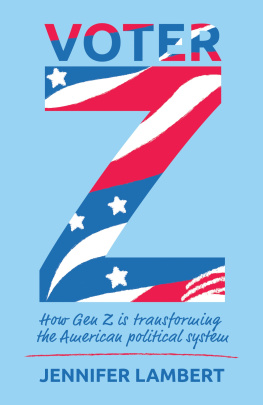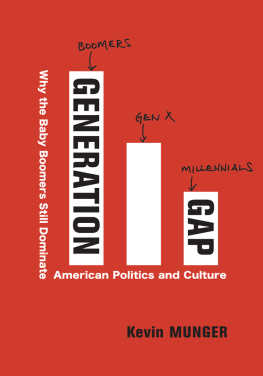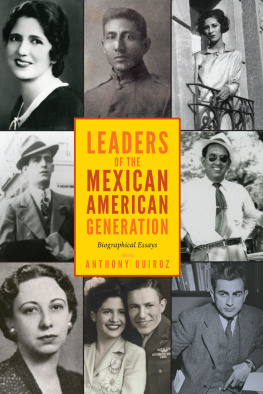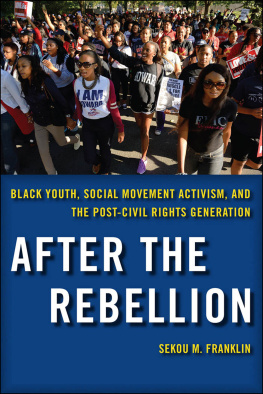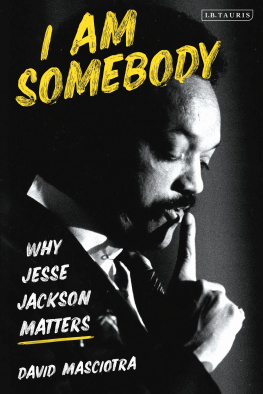1
Winter
As the eldest cohort of Generation Z entered their teenage years, many residents of the United States strived to figure out what events and beliefs defined these young Americans. For the purposes of this book, Generation Z (also known as Gen Z) is defined as Americans born between the years 1995 and 2012. I chose 1995 as the start date for this generation, as many other generational researchers have done before me, due to the idea that people born in 1995 were only in kindergarten in September of 2001. They had not yet developed a level of societal consciousness that would allow them to understand the magnitude of an event like 9/11. Many scholars debate over what the end date is for Generation Z. I chose 2012 because it is the year in which the Sandy Hook shooting occurred and Trayvon Martin was murdered. These events were turning points in American political discourse, igniting a gun control movement centered around American schoolchildren and a social and political movement declaring that yes, Black lives matter.
Gen Zers are often characterized in national discourse by their constant exposure to technology, high stress levels, and the coddled nature of their upbringing. The coddled assumption derives from the negative label some have adopted for Gen Z: the participation trophy generation. This label attempts to mock Gen Zers for growing up in a society that equally rewards effort and victory. It fails to account for the hardships many Gen Zers, particularly those who are people of color, have faced growing up in America in the 21st century. An example is the financial challenges of coming of age during a time when income inequality was rapidly increasing across the country.
The pervading characterizations of Gen Z miss the point of what has uniquely positioned this generation to enact sweeping changes in their workplaces, in schools, and in bastions of political power. These young people have lived through terrorist attacks on their home soil, the 2008 and 2020 recessions, the two impeachment trials of Donald Trump, countless mass shootings, and a pandemic all before many of them reached their mid-20s. These young Americans also organized a march on Washington, built followings of millions on social media, and are now setting record highs for youth voter turnout. The eldest members of Generation Z have the capacity to be a political force that changes the American political system.
This book will focus on the eldest cohort of Generation Z living in the United States, those born between 1995 and 2004, who were at least entering their mid-teenage years during the 2020 election cycle. Those Gen Zers who are born between 2005 and 2012 are likely to exhibit similar behaviors to their elder generational counterparts; however, at the time this book was written, those born in 2005 were just entering their mid-teenage years. This is a time when their long-term political beliefs are just beginning to take shape. Therefore, it is essential to focus on the eldest Gen Zers, who are deeply invested in the process of affirming their belief systems. In my research, I found this age group has a collective memory of certain core events that have informed their worldview and acted as agents of their political socialization.
These events span the time period from their earliest political memories in the years 20062008 to 2021. The exposure of the eldest Gen Zers to key historical events at the peak of their impressionability have turned them into engaged citizens who fight for a more just, inclusive American society.
These eventsinclude:
The Iraq War
The Great Recession
The Sandy Hook shooting
The Parkland shooting
The Supreme Courts decision in Obergefell v. Hodges (2015)
The Black Lives Matter movement
The election and two impeachments of Donald Trump
The coronavirus pandemic and resulting recession
The reason these events bear such significance to Rebuilders, the elder cohort of Gen Zers, has to do with their timing, wide circulation of news coverage surrounding them, and the passionate discourse prompted by them.
Generational Theory
According to generational theorists Neil Howe and William Strauss, Americans born between 1995 and 2004 are part of a hero generation that will team up to survive a crisis period in the United States.
Current Cycle
First Turning (also called the spring or high)
During highs, institutions are strong, and individualism is weak
Spanned the post-World War II era and happy days of the 1950s
Ended with the assassination of JFK, which served as a violent end to the idealism that reigned during that American high
Second Turning (the summer or awakening)
During awakenings, institutions come under heavy scrutiny due to a renewed push for personal autonomy
The second turning ended with the tax revolts of the early 1980s that propelled Ronald Reagan to political superstardom
Third Turning (the fall or unraveling)
During unravelings, the institutions attacked during awakenings become weak as individualism thrives and distrust of government grows
Came about quietly through the culture wars of the 1980s and the long economic boom of the 1990s
The third turning came to a startling halt in 2008 with the onset of the Great Recession
Fourth Turning (the winter or crisis)
Americans are currently living through the fourth turning
During crises, the institutions that had been weakened are scrapped and revamped as America deals with some kind of calamity that could threaten the nations survival
America will remain in this crisis period until 2030
The eldest members of Generation Z are uniquely positioned to play a key role in surviving this crisis period
Defining Generation Z
Despite having experienced different world events during their impressionable years, the eldest half of Generation Z does share some of the same hero traits as the Millennial generation. Both cohorts are teaming up with their peers to survive the current crisis period and revive the civic backbone of America. As Neil Howe said, there are symbiotic relationships between historical events and how these generations react, shape, or cause these events as a direct consequence of these generational archetypes.

